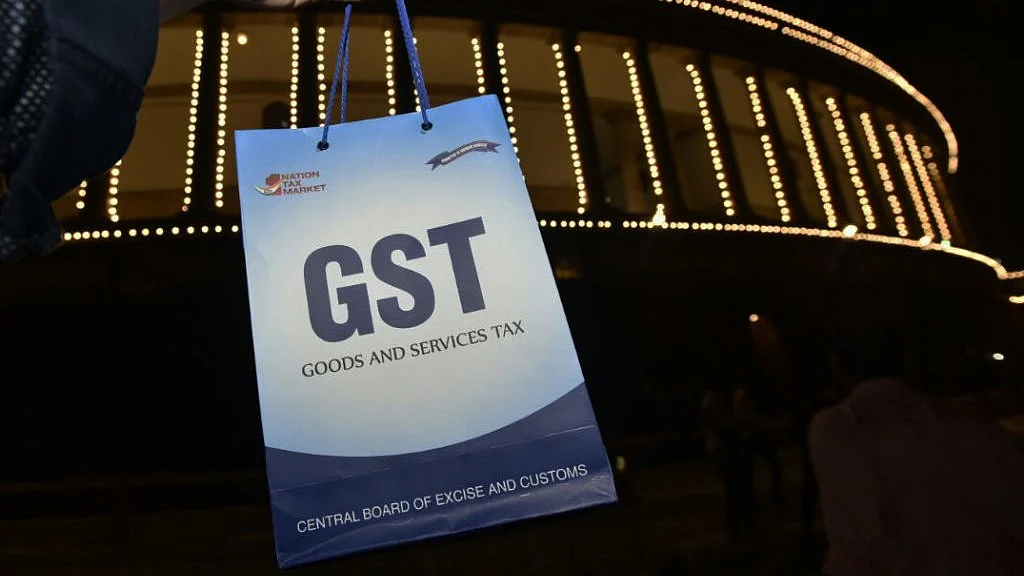FinMin proposes GST revamp, two slabs instead of four; 40 pc tax on 7 items
Revamped GST expected to offer boost to consumption, offsetting revenue loss that may occur from rate revision

The Central government has proposed just two tax rates of 5 per cent and 18 per cent in the revamped Goods and Services Tax (GST), slated to replace the current indirect tax regime by Diwali this year, highly placed sources said.
While the presently nil or zero per cent GST tax is charged on essential food items, 5 per cent is charged on daily use items, 12 per cent on standard goods, 18 per cent on electronics and services and 28 per cent on luxury and sin goods, the revamped GST regime will have two slabs plus a special rate of 40 per cent for luxury and sin goods, they said.
When the revamped structure is approved by the GST Council, 99 per cent of the items in the current 12 per cent slab will move to the 5 per cent bracket. Similarly, almost 90 per cent of goods and services that are currently charged at 28 per cent would shift to an 18 per cent tax rate.
The special rate of 40 per cent would be levied only on seven items, sources said, adding that tobacco would also fall under this slab, but the total incidence of taxation would continue at the current 88 per cent.
The revamped GST is expected to offer a boost to consumption, offsetting the revenue loss that may occur from the rate revision, they said.
Under the present GST structure, which came into being after Central and state levies were subsumed beginning 1 July 2017, the highest 65 per cent tax collections happen from the 18 per cent levy. The top tax bracket of 28 per cent on luxury and sin goods contributes 11 per cent of the revenue, while the 12 per cent slab accounts for just 5 per cent of the revenue.
The lowest 5 per cent levy on essential daily-use items contributes 7 per cent of the total GST kitty.
High labour-intensive and export-oriented sectors like diamonds and precious stones would continue to be taxed as per the existing rates.
Prime Minister Narendra Modi, in his address to the nation on India's 79th Independence Day on Friday, had announced that 'next generation' GST reforms which will lower the tax burden substantially and benefit small industries is in the works, and the lower taxes will be 'a Diwali gift' to citizens.
Soon after the announcement, the finance ministry said the Centre has shared its proposal on GST to the GoM which rests on three pillars — structural reforms, rate rationalisation and ease of living.
Follow us on: Facebook, Twitter, Google News, Instagram
Join our official telegram channel (@nationalherald) and stay updated with the latest headlines
